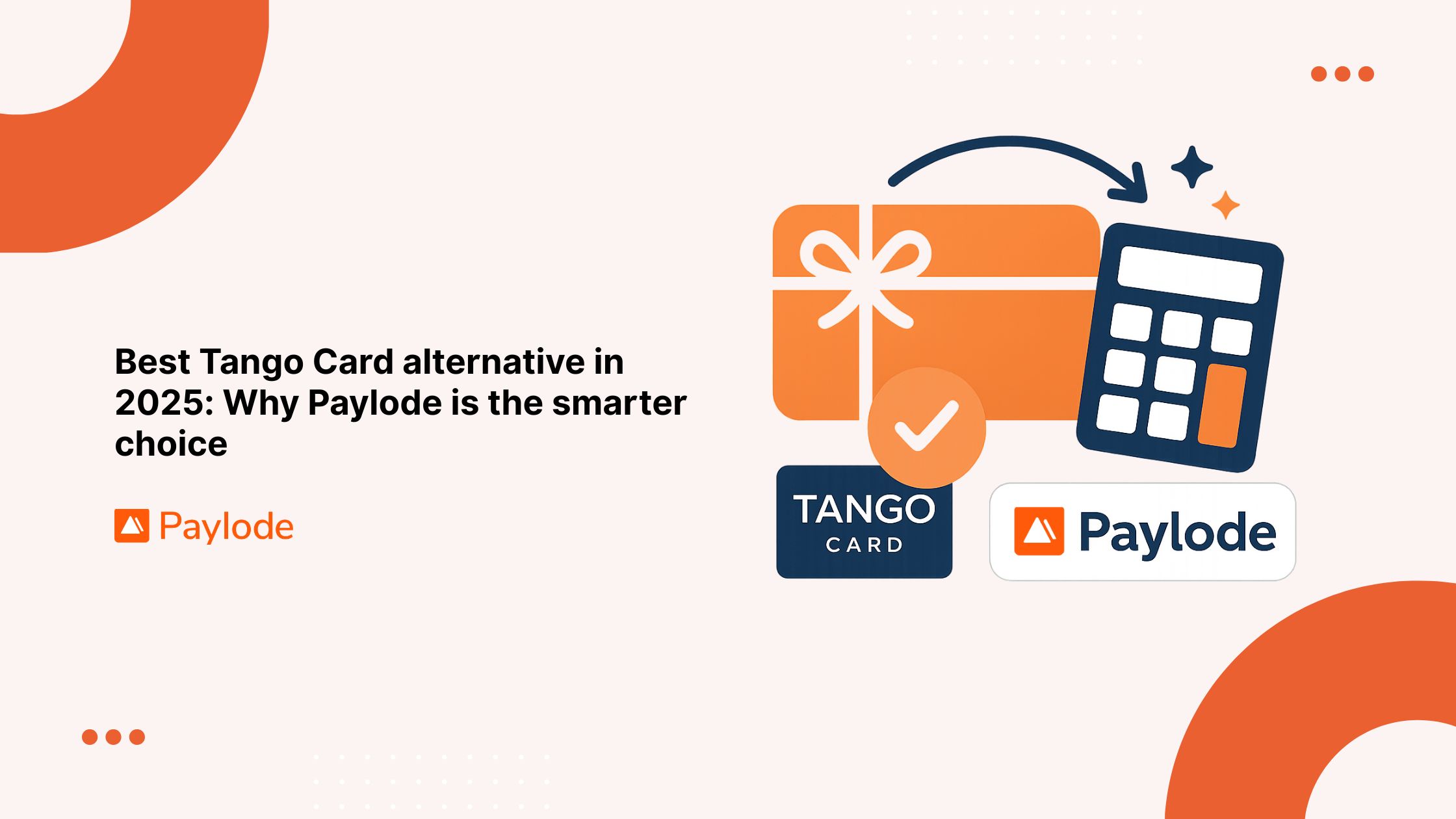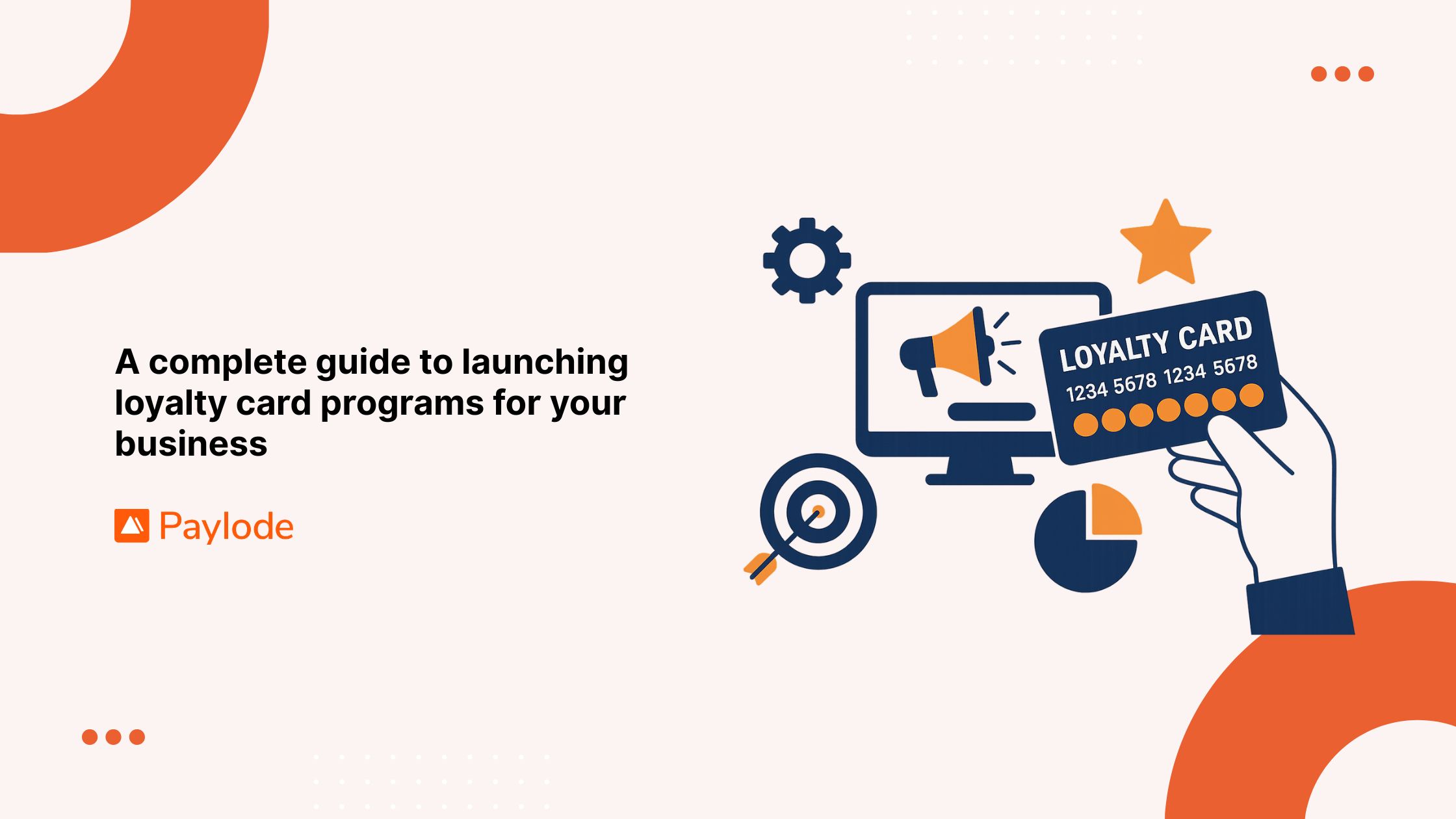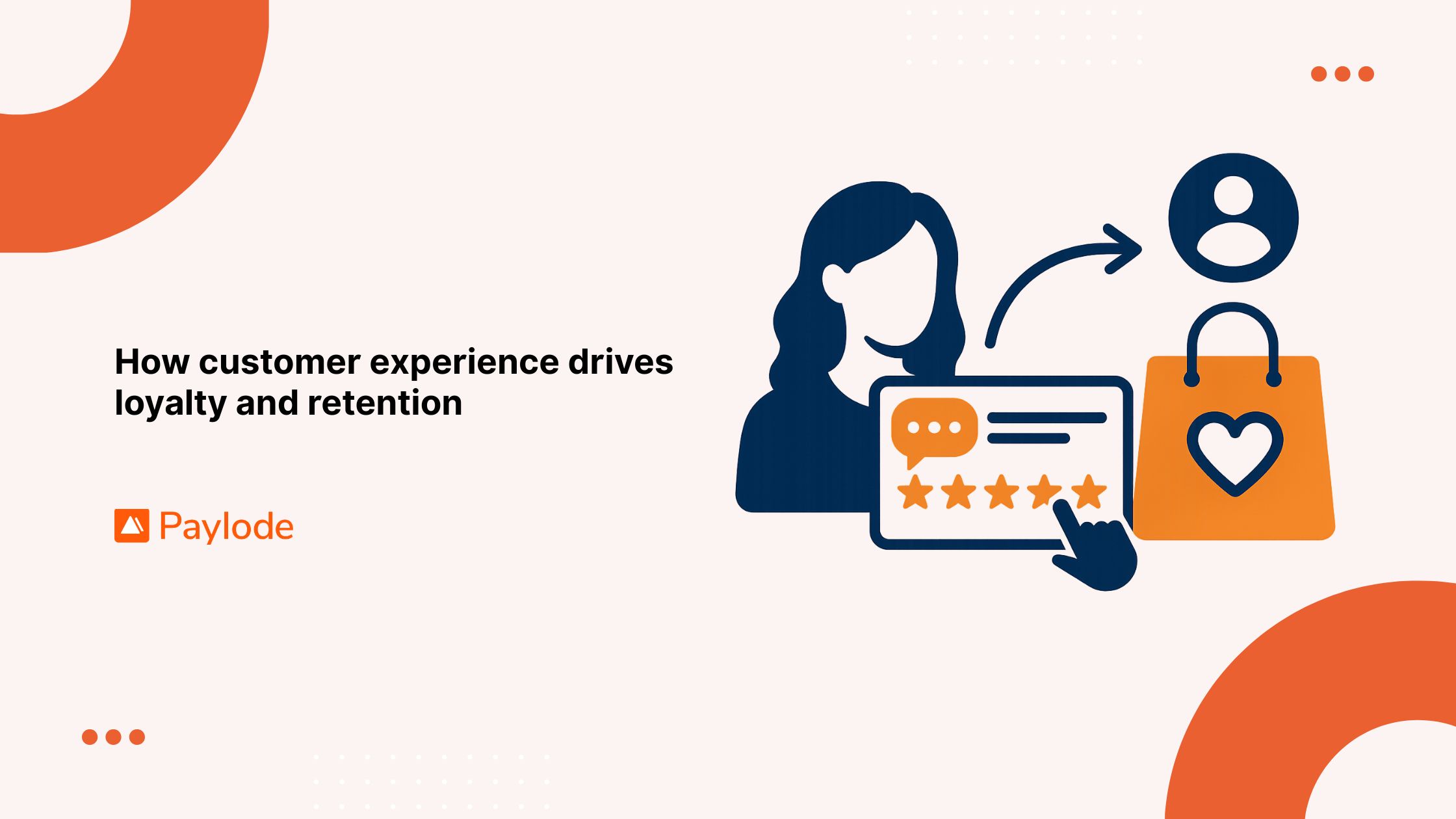As an elder millennial, I understand that I am privileged to be this powerful. I'm a homeowner and landlord with no student debt and no kids, maximizing my taxpayer status and also saving myself a bundle knowing how much my peers are shelling out on student loans and childcare. Not to mention making the adjustments to their career to raise families on top of trying to buy a home and afford every day necessities.
And now, figure out care for their aging parents too.
For families with kids who are wondering how to secure a future when so much of today is taken up by just living, it can be stressful to think about how to make it all happen. How and where do you spend what's left each month? Let's take a look into what drives millennials brand loyalty.
Millennials are loyal despite economic realities
Inflation outpacing income, an unforgiving and unpredictable housing market, and the realization that you could dedicate your career to a place and still get laid off. Yet they still planned to spend the most in the 2023 holiday season, they shop the most online, and they stick around - 60% of millennials say they've been with a brand for over 10 years according to a survey by Inmoment.
They also found that 70% of millennials (9% more than the average consumer) will go out of their way to buy from their trusted brand.
And they'll talk about it: over 90% of millennials would leave a customer review for a brand they trust highly.
30% of millennials also feel more loyalty toward a brand in general versus a specific product, compared to 21% of the average consumer.
Vs Gen Z
Gen Z's requirements for brand loyalty are a reflection of their social media dominated upbringing. Millennials display more brand loyalty based on product quality and brand reputation.
Gen Z demands transparency and social responsibility from brands. Millennials focus on value and customer service.
Digital experiences and social media presence are crucial for attracting Gen Z, whereas Millennials respond well to loyalty programs and consistent quality.
Personalization and authentic brand interaction are key to winning over both groups, but Gen Z demands innovation and social engagement more intensely.
Caring for two generations at once is exhausting emotionally and financially
The sandwich generation refers to caregivers mostly in the 40-59 age bracket, who care for aging parents in addition to their children. As of this writing, it includes Gen x and elder millennials, caring for (or about) Boomers and Gen Z & Gen Alphas.
"The “sandwich generation” is defined as those adults with at least one living parent age 65 or older and who are either raising a child younger than 18 or providing financial support (either primary support or some support in the past year) to a grown child age 18 or older."
Caring for the needs of two generations is draining, even if you're not on the hook for both financially.
Homeownership is expensive
I don't regret my home purchase like many millennials do – 82% have regrets, according to a survey by Real Estate Witch. Most regrets center around interest rates and hidden costs of homeownership.
Stretching the budget to include homeownership is another source of stress for millennials.
Check out these facts:
"Rising costs of everyday goods are draining millennials’ savings. More than half of millennials (54%) have less than $10,000 in savings. That percentage has tripled since 2022, when only 18% of millennials had that little. Additionally, 1 in 10 millennials (10%) have less than $1,000 in savings, and 1 in 5 (20%) have nothing in reserve." - Real Estate Witch

With more scrutiny on spending, earning millennial loyalty is worth it
I don't know where along the line that millennials got labeled fickle or entitled, or if that's even a thing anymore. They actually exhibit a deep loyalty to brands that align with their values and offer meaningful rewards.
Contrary to popular belief, they are not just digital addicts but value a balanced blend of online and physical retail experiences. In the Truth About Customer Loyalty, KPMG found that:
- Preference for purpose: Millennials show a strong preference for brands that demonstrate corporate transparency, environmental commitment, and innovation. They are more likely to be loyal to brands that share their values, making it crucial for companies to communicate their mission and impact clearly.
- Rewards with a twist: This generation finds traditional loyalty schemes cumbersome, with 69% finding them difficult to join or earn rewards. However, the twist is their willingness to engage: 81% say membership encourages them to spend more, and a staggering 96% believe companies should find innovative ways to reward loyal customers, including preferring to donate their rewards to a good cause over personal gain.
- Digital natives with an IRL component: Despite being the first generation to embrace digital natives, 50% of Millennials prefer shopping in physical stores, showing that the tactile experience still holds value. Their online activities are more about research and engagement, with a significant percentage relying on online reviews, influencer recommendations, and social media sentiment to guide their loyalty.
Opportunities to meet millennials where they are
- Innovate loyalty programs: Traditional points-and-rewards systems are seen as outdated by millennials who want more flexible and accessible loyalty experiences. Brands need to innovate loyalty programs to offer personalized perks, seamless reward experiences across digital and physical channels, and for the value driven: opportunities for customers to support causes they care about.
- Create meaningful experiences: Loyalty goes beyond transactions to include the overall experience a brand offers. From personalized interactions to complementary perks and engaging online content, creating meaningful experiences is key.
- Leverage technology wisely: While embracing digital channels to engage Millennials, brands must also be mindful of privacy concerns and the desire for authentic connections. Technology, like Paylode's perks platform, should make it easier to enhance the customer experience.
Millennials may have a lot on their plate, but they're still able to spring for experiences and upgrades that make their life more comfortable. Focusing on wooing this generation of spenders means you'll have influence over the spending on the generations above and below them, as well.



